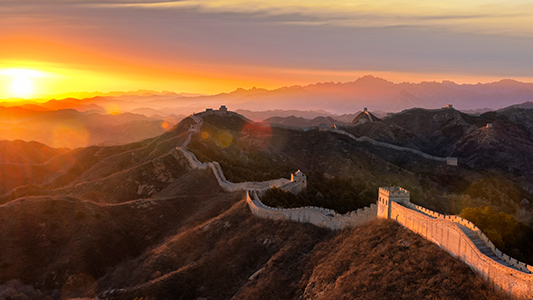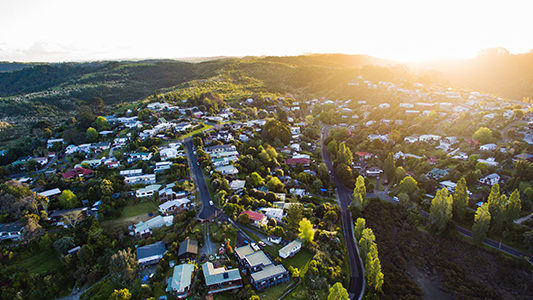INSIGHTS
HIGH SHARE PRICES DON’T NECESSARILY MEAN BAD VALUE
Mark Lister, 28 June 2021
After a standout performance in 2020 and further gains this year, Mainfreight has the highest share price on the NZX at about $75.
Some New Zealand investors might baulk at the thought of buying shares in a company as pricey as that, but they shouldn’t.
A company’s share price tells us absolutely nothing about whether it’s expensive or cheap and if anything, it should often be taken as a sign of a strong track record.
In New Zealand, only a handful of companies have a double-digit share price. EBOS and Fisher & Paykel Healthcare are around the $30 mark, and then you have Delegat Group, Restaurant Brands, Ryman Healthcare, Summerset and Freightways between $10 and $15. If Xero was still listed here, it would be around the $145 mark.
At the other end of the spectrum, there are dozens under $2.00 and half of the top 50 have share prices below $4.00.
In larger markets it is commonplace for shares to trade at much higher prices than we’re accustomed to. Of the 30 companies in the Dow Jones index in the US, the average share price is US$174. Home Depot is over US$300, Microsoft over US$250, and Disney almost US$180.
Plenty of great US businesses are priced even higher. One share in Alphabet (which owns Google) will cost you US$2500, while Amazon shares are US$3350 apiece.
Some less sophisticated investors in New Zealand have a preoccupation with share prices, favouring those in the lower ranges which they perceive as better value and shying away from those that trade at higher levels.
However, it shouldn’t make any difference. The share price of a company doesn’t tell you whether it is good value or not, unless you compare this to the share of earnings, profits and dividends you get for each share.
Consider two companies – one with a share price of $1 and one worth $10. The $1 company makes just 5c of annual earnings per share, while each share in the $10 company gives the owner $1 of earnings. In terms of what you get for each slice of the pie, the company with the higher share price is better value.
Determining which shares will be the best investments is far from that simple, and analysts consider a plethora of other attributes including growth opportunities, earnings reliability, competition and industry trends.
However, my point is that it takes a lot more than simply looking at the share price of a company to establish its value.
Many New Zealand companies have conducted share splits over the years, often in the hope of creating additional liquidity and ensuring the shares remain attractive to retail investors.
Port of Tauranga conducted a 5-for-1 share split in 2016, which saw the price fall from almost $20 to around $4. Investors didn’t lose any money, as they owned five times more shares than before so the total value of their holding unchanged.
Ryman Healthcare did something similar back in 2007, as did Fisher & Paykel Healthcare a few years before that.
Ryman shares would be $65 today if that share split hadn’t taken place in 2007, Port of Tauranga would be about $35 and Fisher & Paykel Healthcare shares would be close to $150.
These companies, as well as the others I mentioned, have been some of the strongest performers on the local market for years, if not decades. Maybe the best shares are in fact the ones that sometimes look the most expensive (on the face of it).
If I was a Mainfreight director I’d consider that $75 share price as a badge of honour.




